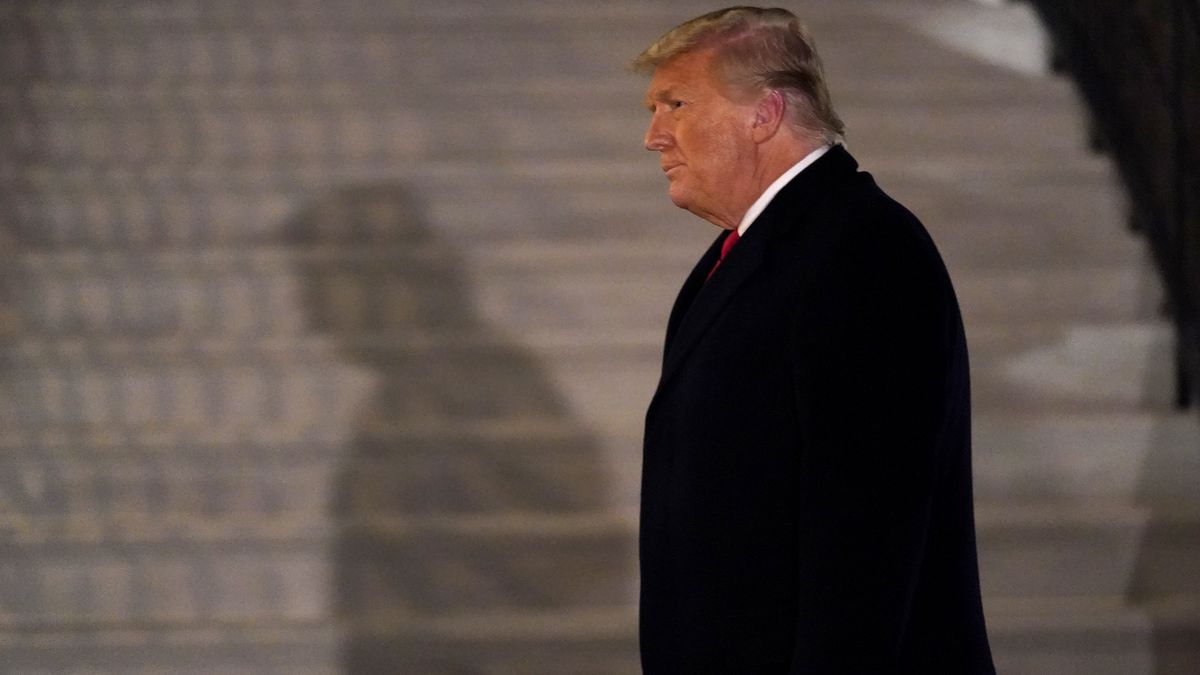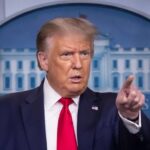The U.S. Supreme Court found on Monday that Donald Trump cannot be prosecuted for any actions that were within his constitutional powers as president, but can for private acts, in a landmark ruling recognising for the first time any form of presidential immunity from prosecution.
The justices, in a 6-3 ruling written by Chief Justice John Roberts, threw out a lower court’s decision that had rejected Trump’s claim of immunity from federal criminal charges involving his efforts to undo his 2020 election loss to Joe Biden. The six conservative justices were in the majority. Its three liberals dissented.
Trump is the Republican candidate challenging Biden, a Democrat, in the Nov. 5 U.S. election in a 2020 rematch. The Supreme Court’s slow handling of the case, coupled with its decision to return key questions about the scope of Trump’s immunity to the lower courts to resolve, make it improbable he will be tried on the election subversion charges brought by Special Counsel Jack Smith charges before the election.
“We conclude that under our constitutional structure of separated powers, the nature of presidential power requires that a former president have some immunity from criminal prosecution for official acts during his tenure in office,” Roberts wrote.
- Ngelale commits to providing green economic opportunities for Nigerians
- Stop importing China adire, students urge FG
Immunity for former presidents is “absolute” with respect to their “core constitutional powers,” Roberts wrote, and a former president has “at least a presumptive immunity” for “acts within the outer perimeter of his official responsibility,” meaning that prosecutors face a high legal bar to overcome that presumption.
Roberts cited the need for presidents to “execute the duties of his office fearlessly and fairly” without the threat of prosecution.
“As for a president’s unofficial acts,” Roberts added, “there is no immunity.”
Trump hailed the ruling in a social media post, writing: “BIG WIN FOR OUR CONSTITUTION AND DEMOCRACY. PROUD TO BE AN AMERICAN!”
The court analyzed four categories of conduct contained in Trump’s indictment. They are: his discussions with Justice Department officials following the 2020 election; his alleged pressure on then-Vice President Mike Pence to block congressional certification of Biden’s election win; his alleged role in assembling fake pro-Trump electors to be used in the certification process; and his conduct related to the Jan. 6, 2021, attack on the U.S. Capitol by his supporters.
The court found Trump was absolutely immune for conversations with Justice Department officials. Trump is also “presumptively immune” regarding his interactions with Pence, it decided, but returned that and the two other categories to lower courts to determine whether Trump has immunity.
The ruling marked the first time since the nation’s 18th century founding that the Supreme Court has declared that former presidents may be shielded from criminal charges in any instance. The court’s conservative majority includes three justices Trump appointed.
The court decided the case on the last day of its term.
Trump, 78, is the first former U.S. president to be criminally prosecuted as well as the first former president convicted of a crime. Smith’s election subversion charges embody one of the four criminal cases Trump has faced.
The Biden campaign said in a statement that the “ruling doesn’t change the facts, so let’s be very clear about what happened on Jan. 6: Donald Trump snapped after he lost the 2020 election and encouraged a mob to overthrow the results of a free and fair election.”
Justice Sonia Sotomayor, joined by fellow liberal Justices Elena Kagan and Ketanji Brown Jackson, delivered a sharply worded dissent, saying the ruling “makes a mockery of the principle, foundational to our Constitution and system of government, that no man is above the law.”
Sotomayor added: “Relying on little more than its own misguided wisdom about the need for bold and unhesitating action by the president, the court gives former President Trump all the immunity he asked for and more.”
Sotomayor said the ruling “reshapes the institution of the presidency.” (Reuters)

 Join Daily Trust WhatsApp Community For Quick Access To News and Happenings Around You.
Join Daily Trust WhatsApp Community For Quick Access To News and Happenings Around You.


